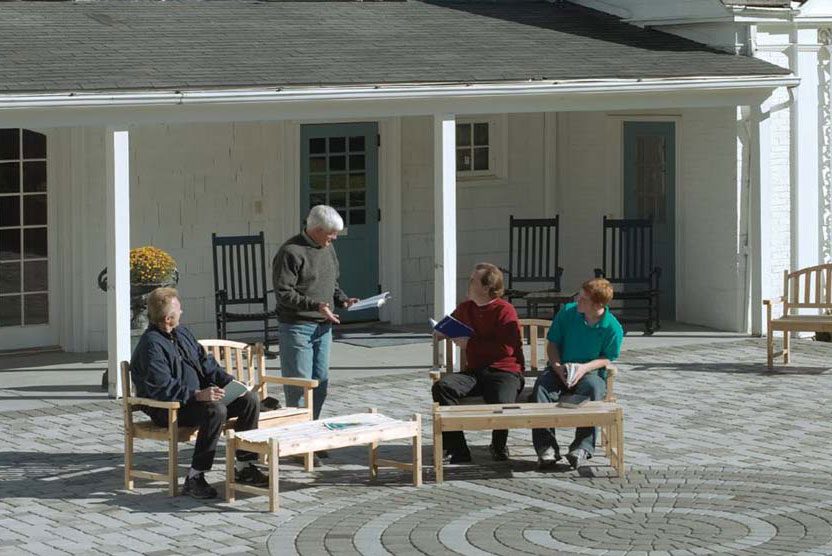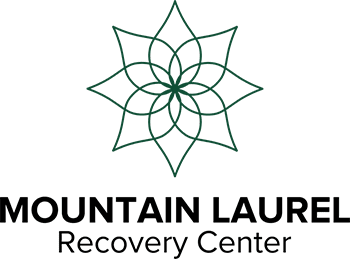Addiction Treatment Services We Offer

We believe that the treatment of trauma in tandem with the disease of addiction is not only supportive but essential. The goal of addiction treatment at Mountain Laurel Recovery Center (MLRC) is not to look for trauma but instead to be trauma-informed.
The five core values of being trauma-informed are safety, trustworthiness, choice, collaboration, and empowerment. We utilize many approaches to support the recovery journey starting with the use of Motivational Interviewing techniques to facilitate positive change. We utilize Acceptance, Commitment Therapy (ACT), which teaches mindfulness skills. The goal is to work toward creating a rich and meaningful life (vitality) while accepting the pain that inevitably goes with it.
In substance use disorder treatment at MLRC, we help clients understand how to take effective action guided by the their deepest values. We voyage with the individual to understand his or her barriers, in the form of ‘private experiences’ such as thoughts, images, feelings, sensations, urges, cravings, and memories. In individual therapy, we support residents as they explore themselves and how their relationships have shaped and created behaviors. Our aim is to help individuals accept the inner-self that consists of thoughts, feelings, values, and beliefs. Self-acceptance will allow individuals to experience the range of feelings authentically. We also strive to help clients understand the 12 steps of AA/NA and to learn more about this aspect of recovery.
MLRC utilizes holistic approaches in our substance use disorder treatment treatment. Our goal is to build a strength-based approach for each person using individual counseling to make the connection between personal identities, improve relationships with family and strengthen the concept of self.
We want to see every individual gain insight into themselves, develop supportive relationships, and take positive steps in personal growth in their recovery process.









